Search
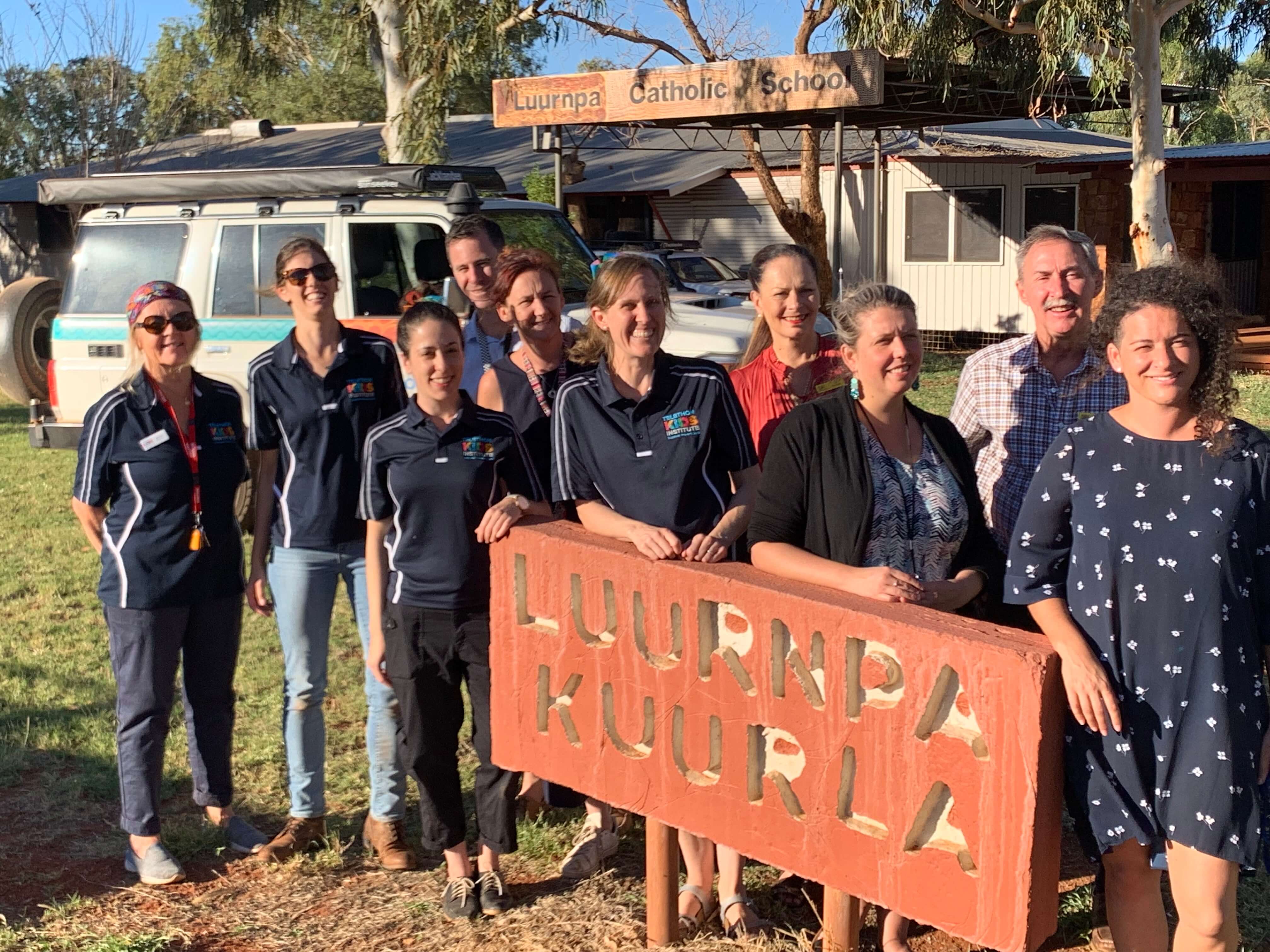
News & Events
First week of school visits mark official launch of the SToP TrialThe The Kids Skin Health team has a busy six weeks ahead - visiting nine communities throughout the Kimberley region of WA as part of the first school surveillance activities for the SToP Trial.
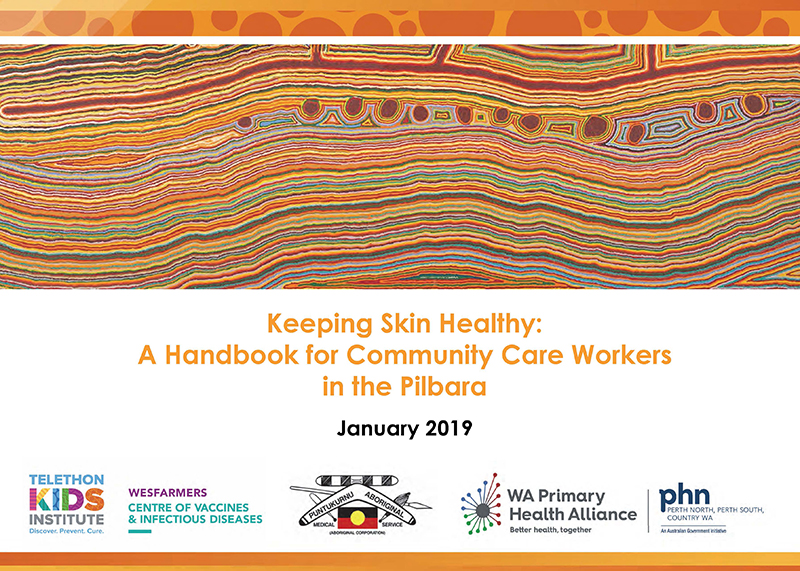
News & Events
Beating the bugs: a new resource helping to keep skin healthyA year after launching the first National Healthy Skin Guideline to address record rates of skin infections in Australia’s Indigenous communities, The Kids Research Institute Australia has released a new resource as part of the guideline.

News & Events
Port Hedland welcomes health experts from around AustraliaPort Hedland is hosting some of Australia’s most respected health researchers this week as they join forces with local health professionals to improve the health of people living in the tropical north of the country.
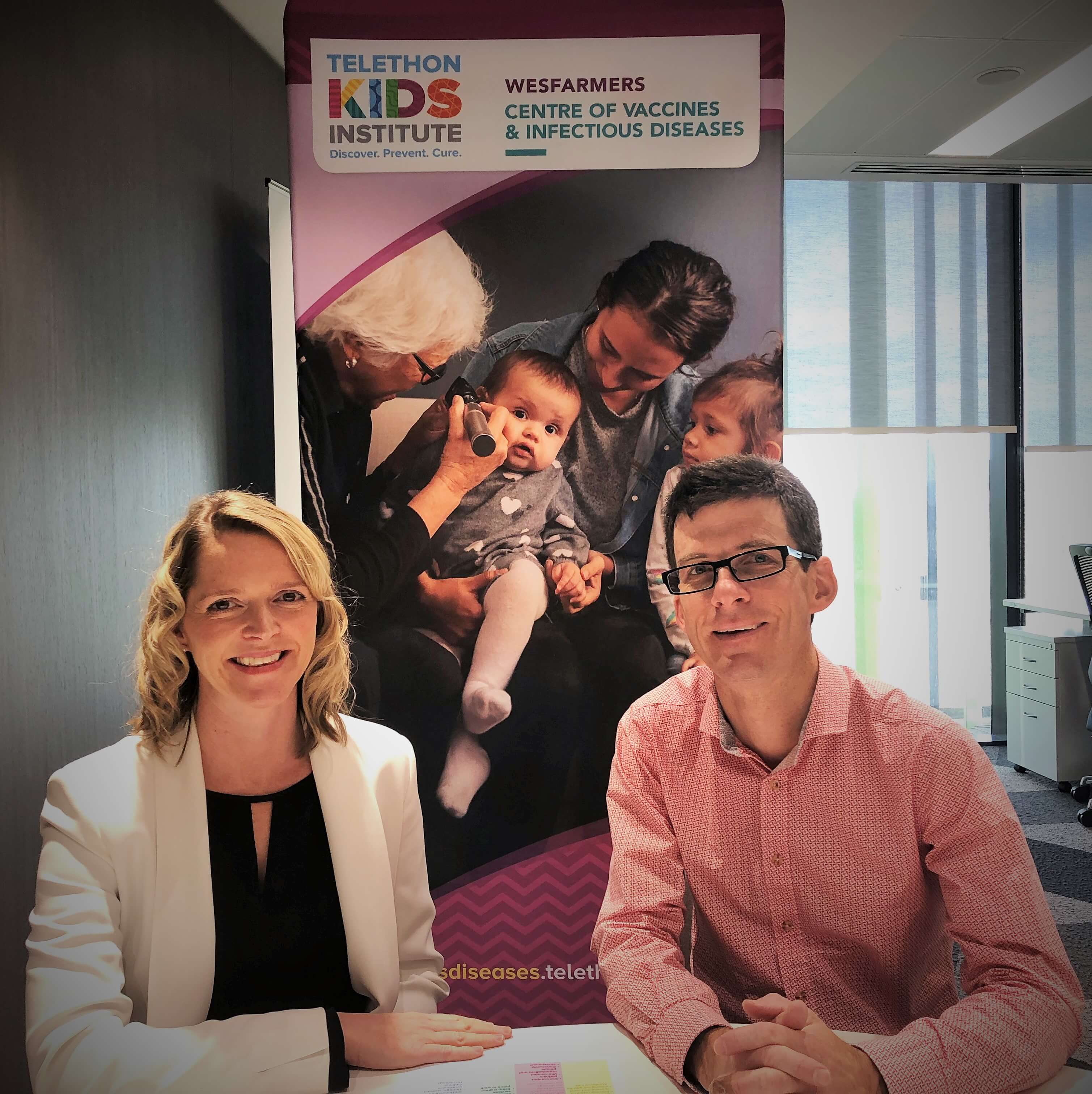
News & Events
New Co-directors for the Wesfarmers Centre of Vaccines and Infectious DiseasesDr Lea-Ann Kirkham and Dr Chris Blyth have been appointed as Co-Directors

News & Events
Co-ordinated approach urgently required to slow progression of antibiotic resistanceAboriginal mum and child
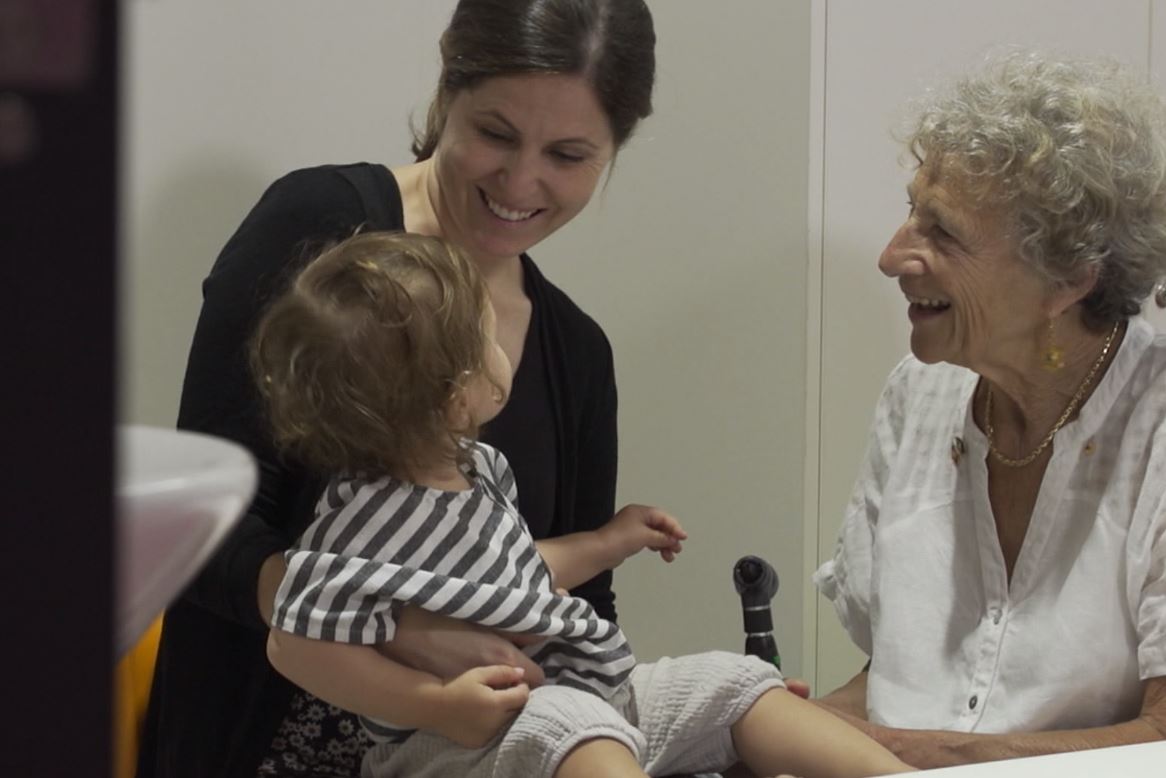
News & Events
Outstanding mentor named Eureka prize finalistLeading infectious diseases researcher, Clinical Associate Professor Deborah Lehmann AO, has been named a finalist for the Australian Museum Eureka Prizes for her work training and mentoring a new generation of researchers.

News & Events
Important things you should know about this year’s flu seasonNews headlines about the large number of life-threatening cases of the flu in Western Australia this winter have been hard to miss - find out what you can do to protect your family.
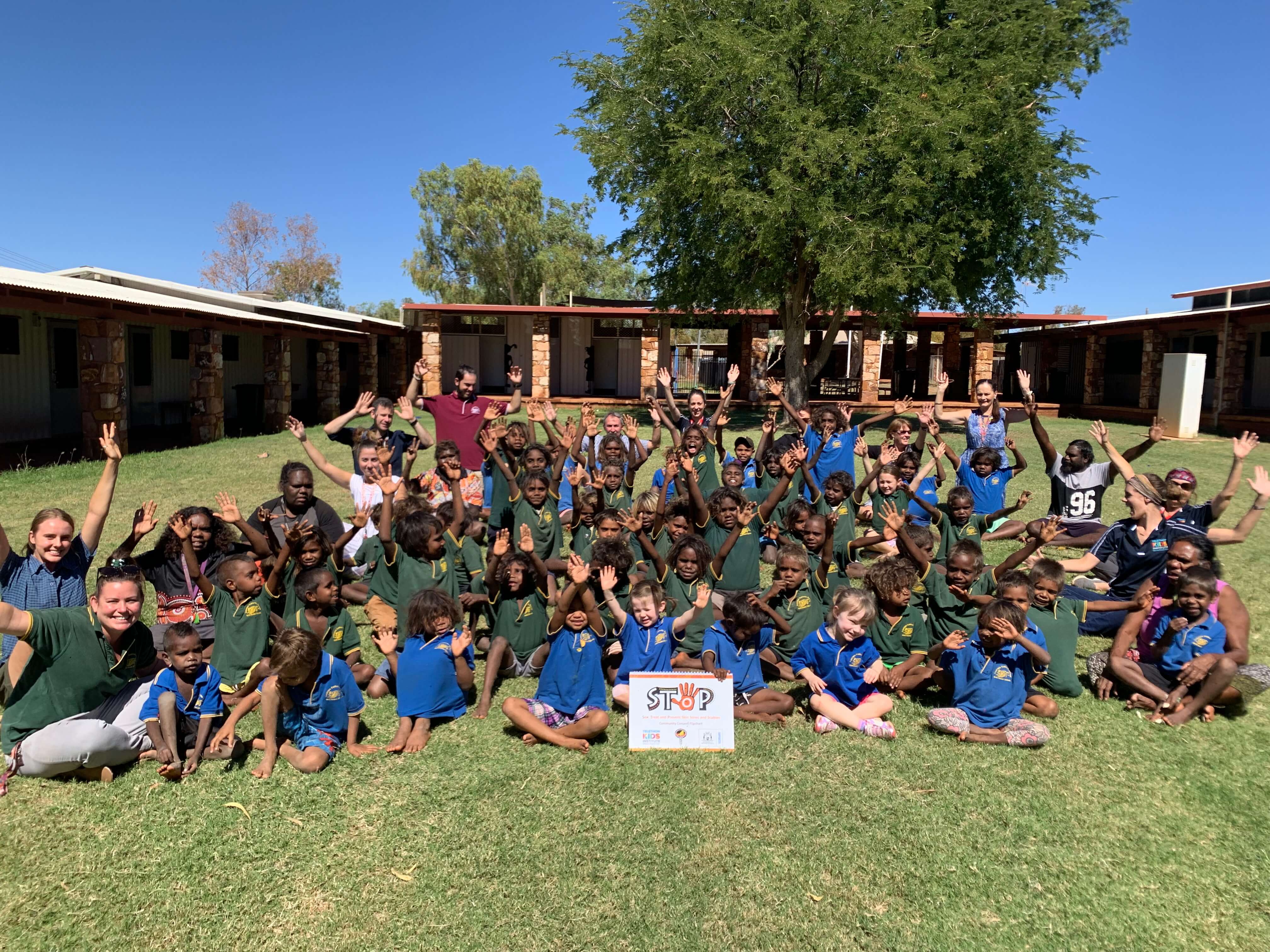
News & Events
Major grant empowers community voices to drive reduction in skin infectionsAboriginal community members throughout the Kimberley will take a lead role in driving healthy skin messages within their own communities thanks to a major funding boost to The Kids Research Institute Australia’s SToP Trial.

News & Events
Ear health partnership brings brighter future for Aboriginal kidsA new partnership between The Kids Research Institute Australia, Dr George Sim and St John of God Murdoch Hospital will offer essential surgery at no cost for a group of Aboriginal children suffering severe ear infections.
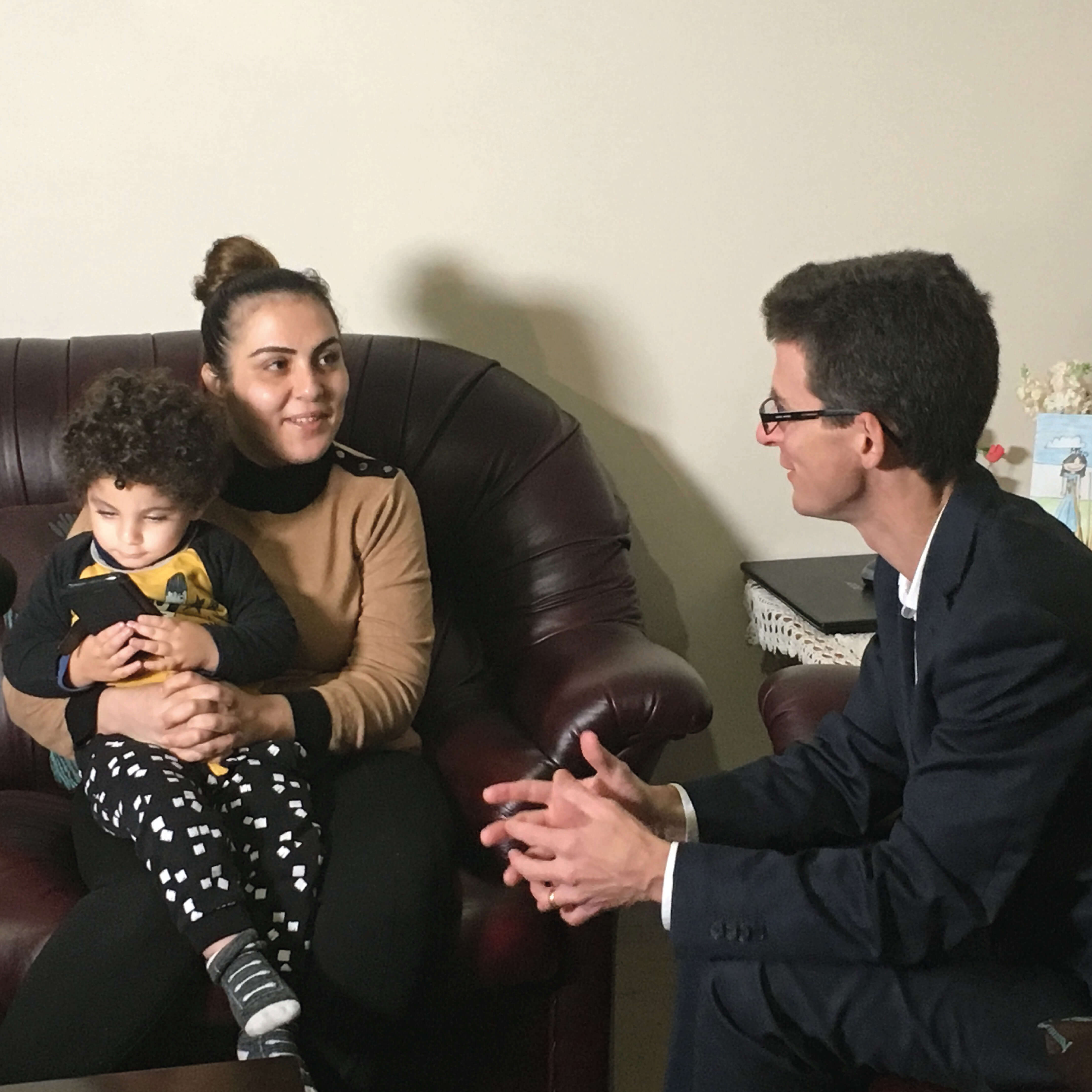
News & Events
WA parents oblivious to true danger of the fluPerth parents are underestimating the serious consequences of the flu, with only 19 per cent of children under five years of age currently immunized against the virus ahead of the peak winter flu season.
